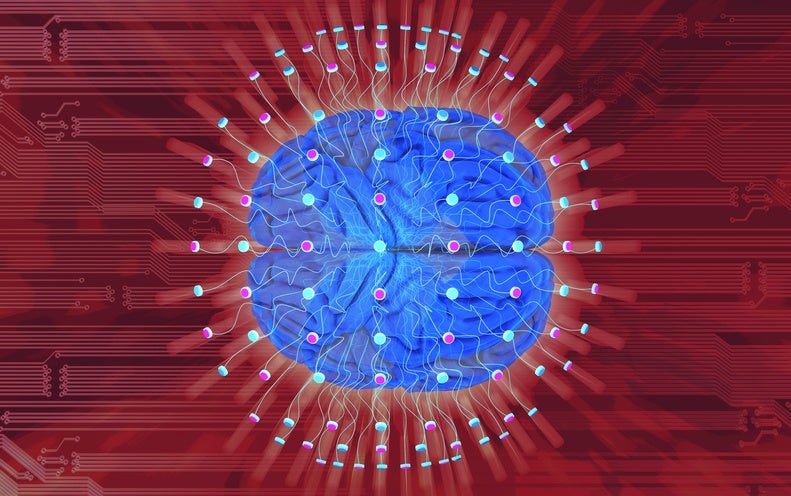############################Hi TOK List,
As most of you know, "The Digital Identity Problem" includes the idea that "digital" will change "everything". One of the things that I anticipate to be most significant is that it will create various forms of informational interface between humans and computers. Here is an article on how it opens up a new "medium" for human to human communication.
Best,
Gregg
______________________________________________________________________Gregg Henriques, Ph.D.
Professor
Director, C-I Doc Program
Department of Graduate Psychology
216 Johnston Hall
MSC 7401
James Madison University
Harrisonburg, VA 22807
(540) 568-7857 (phone)
(540) 568-4747 (fax)
Be that which enhances dignity and well-being with integrity.
Check out my Theory of Knowledge blog at Psychology Today at:To unsubscribe from the TOK-SOCIETY-L list: write to: mailto:[log in to unmask] or click the following link: http://listserv.jmu.edu/cgi-bin/wa?SUBED1=TOK-SOCIETY-L&A=1
